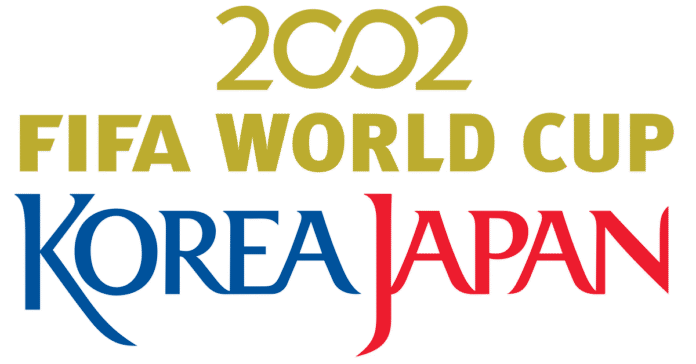It wasn’t just a football tournament. It was a cultural awakening. A shared heartbeat. And a moment when two nations opened their arms—and the world listened.
When South Korea and Japan co-hosted the FIFA World Cup in 2002, it marked the first time the tournament was held in Asia. But more importantly, it was the first time the world truly saw what football meant to the East.
Two Nations, One Stage
The decision to split hosting duties between South Korea and Japan was met with skepticism. Political tensions ran deep. Logistics were complicated. But when the tournament kicked off, those doubts melted into scenes of joy, unity, and pure footballing magic.
From the high-tech stadiums of Yokohama and Sapporo to the electric streets of Seoul and Daejeon, football didn’t just arrive in Asia—it exploded.
“We wanted to show the world our passion. Not just for football, but for coming together. And we did.”
— Koji Nakata, Japan defender
The hospitality was unmatched. The choreography in the stands, the smiling volunteers, the pride in every banner and anthem—it was a tournament that felt personal.
The Miracle of Seoul
No story captured hearts quite like South Korea’s.
Grouped with Portugal, Poland, and the United States, few gave them a real chance. But under the guidance of Guus Hiddink—a coach who demanded belief—they didn’t just aim to participate. They aimed to shock.
- 1–0 vs. Poland – A dream start.
- 1–1 vs. USA – The belief grows.
- 1–0 vs. Portugal – A seismic moment: Korea top the group.
Then came the knockouts.
Against Italy in the Round of 16, Ahn Jung-hwan’s golden goal etched itself into history. Against Spain, the penalty shootout turned millions of Koreans into lifelong believers.
“It wasn’t just about football. We felt like we were carrying the entire country on our backs.”
— Park Ji-sung, South Korea midfielder
In the semi-final against Germany, the dream finally ended. But the legacy had already been written: South Korea became the first Asian team to reach the World Cup’s final four.
“The streets of Seoul weren’t just red. They were alive.”
— BBC Commentator, June 2002
Japan’s First Steps into the Light
For Japan, the 2002 tournament was also historic. After years of building the domestic game through the J.League, this was their chance to prove they belonged.
And they did.
A confident 2–0 win against Tunisia and a thrilling 1–0 against Russia saw Japan top their group—another first. Junichi Inamoto emerged as a star, and Nakata showed his class on home soil.
Although they bowed out in the Round of 16 against Turkey, the feeling was clear: Japan was no longer a footballing outsider.
“You could feel it in the air—we were building something. The next generation watched us and believed.”
— Hidetoshi Nakata, Japan midfielder
A Shift in Global Perception
Before 2002, Asian football was often overlooked. The technical ability was there, but the results weren’t. That changed forever in those four summer weeks.
European clubs began to scout Asia with new eyes. Players like Park Ji-sung, Shunsuke Nakamura, and later Keisuke Honda and Shinji Kagawa would make their mark in top European leagues—following the path opened by this tournament.
“After 2002, the phone didn’t stop ringing. Clubs wanted to know about Korea. About Japan. About our players.”
— Asian football agent, speaking anonymously
Asia was no longer just a host. It was a footballing force.
Legacy in Words and Memories
- The stadiums: Still iconic, still used.
- The moments: Still replayed, still unforgettable.
- The impact: Still felt, especially among a generation of Asian kids who watched in awe and dared to dream.
“It was more than just football. It united our people. Everyone in Korea believed we could do something impossible.”
— Park Ji-sung, FIFA.com Interview
Final Whistle, Eternal Impact
The 2002 World Cup wasn’t perfect. There were controversial refereeing calls. There were giants who fell early. But above all, there was heart. There was energy. There was hope.
In Seoul and in Saitama, in Gwangju and in Yokohama, something unforgettable happened.
Asia didn’t just host the world. It reminded the world why football matters.
And it all started with a ball, a dream and the roar of two nations united.

